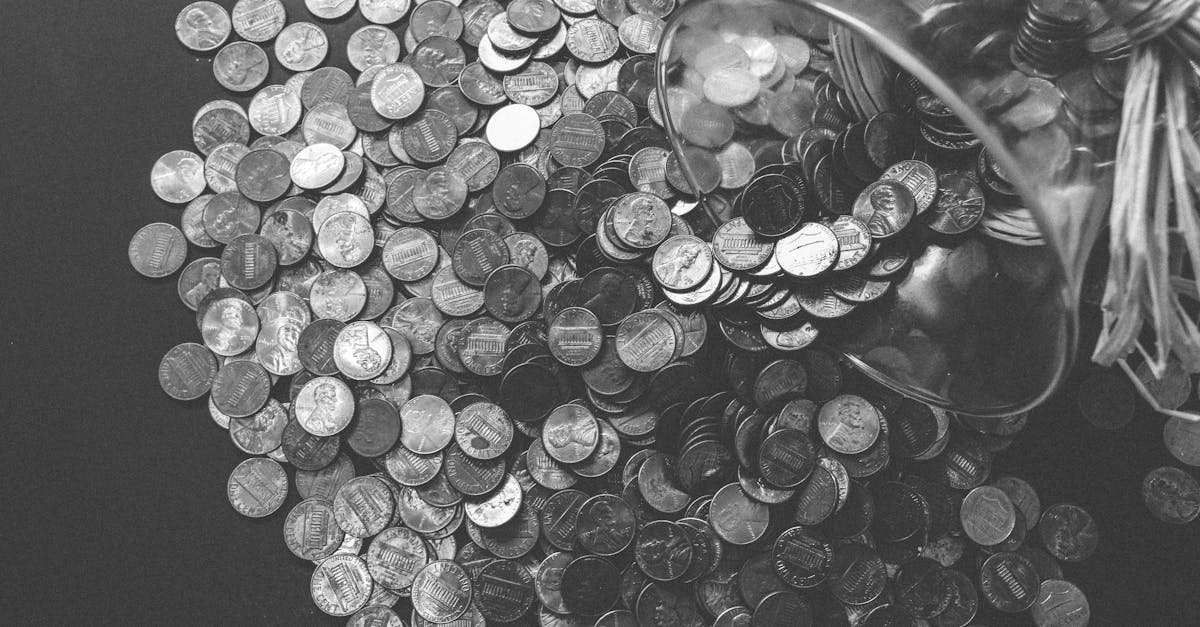Table of Contents
ToggleWhen buying a home, the excitement can be overwhelming, but there’s a little thing called an earnest money deposit that can make or break the deal. Think of it as the buyer’s way of saying, “Hey, I really want this place!” It’s that crucial first step that shows sellers they’re not just window shopping.
Understanding Earnest Money Deposit
An earnest money deposit represents a buyer’s good faith in a real estate transaction. This financial pledge indicates seriousness about purchasing a property.
Definition of Earnest Money Deposit
An earnest money deposit is a sum of money given to the seller to secure a purchase agreement. Typically, this amount ranges from 1% to 3% of the property’s price. Buyers submit this deposit during the offer process, demonstrating their intention to proceed with the sale. If the deal falls through without cause, the seller may keep the deposit as compensation for lost opportunities.
Importance in Real Estate Transactions
An earnest money deposit plays a crucial role in real estate negotiations. It can differentiate a buyer’s offer from others by showing commitment. Sellers perceive a substantial deposit as a sign of serious interest, potentially instilling confidence in their decision to accept the offer. Additionally, a well-structured deposit agreement can protect both parties, ensuring funds are managed correctly throughout the transaction.
How Earnest Money Deposit Works
An earnest money deposit demonstrates a buyer’s commitment in a real estate transaction. This financial assurance reassures sellers of the buyer’s seriousness.
Typical Amounts for Earnest Money
Earnest money deposits typically range from 1% to 3% of the property’s purchase price. For example, on a $300,000 home, this translates to deposits between $3,000 and $9,000. Local market customs may influence these amounts, reflecting demand and competitiveness. In highly sought-after areas, buyers often increase their deposits to strengthen offers.
Process of Making an Earnest Money Deposit
Making an earnest money deposit involves several key steps. Buyers usually submit the deposit along with their purchase offer, signaling intent to proceed. Upon acceptance, real estate agents or escrow companies often hold these funds. The buyer’s contract outlines the deposit conditions, including contingencies for inspections and financing. If the sale falls through without valid reasons, sellers may retain the deposit, offsetting potential losses.
Pros and Cons of Earnest Money Deposit
Earnest money deposits come with both benefits and drawbacks for buyers and sellers. Understanding these aspects aids in making informed decisions during a real estate transaction.
Advantages for Buyers
An earnest money deposit showcases a buyer’s seriousness, improving their chances of securing a property. This commitment often strengthens offers, especially in competitive markets. Buyers typically benefit from having a structured framework, as deposit agreements outline contingencies for inspections and financing. Such protections enable buyers to back out if issues arise without losing their deposits. Having the option to negotiate certain terms offers additional leverage during negotiations. Deposits usually count toward the down payment, helping buyers reduce upfront costs in the long run.
Risks for Buyers and Sellers
Earnest money deposits carry certain risks that both buyers and sellers should evaluate. When buyers withdraw from a transaction without valid reasons, sellers retain the deposit, leading to potential financial losses for the buyer. Complications may arise from undefined contingencies, which could result in disputes over deposit refunds. Sellers might face challenges if their property remains unsold during the earnest money timeframe, especially in fluctuating markets. Buyers must recognize that their funds are at risk should the transaction not proceed as anticipated. Clarity in the deposit agreement is vital for minimizing misunderstandings and protecting both parties.
Tips for Handling Earnest Money Deposit
Handling an earnest money deposit requires careful consideration. The right approach can influence the outcome of a real estate transaction.
Negotiating the Amount
Buyers often negotiate the earnest money deposit amount based on the market’s competitiveness and the property’s value. Offering a larger deposit can strengthen an offer in a competitive market, making the buyer’s intent clearer. While standard deposits range from 1% to 3%, factors like local customs and the property’s desirability can sway this percentage. Buyers should conduct research on recent sales and prevailing standards in their area. Speaking with a real estate agent about market trends helps establish an appropriate deposit amount. Demonstrating flexibility, he or she can adjust the deposit to align with seller expectations.
What to Do if the Deal Falls Through
If a deal falls through, understanding the circumstances surrounding the contract can help buyers protect their interests. Each agreement should outline contingency clauses, enabling buyers to retrieve their deposits if they withdraw legally. Buyers must communicate promptly with the seller to discuss the reasons for the withdrawal. They should also refer to the terms in the purchase agreement to see if the deposit is refundable. Engaging a qualified real estate attorney can provide additional guidance in complex situations. Maintaining a composed demeanor during this process can ease any complications that arise from unexpected changes in the transaction.
Conclusion
Navigating the world of real estate can be complex and an earnest money deposit plays a pivotal role in this process. It not only demonstrates a buyer’s commitment but also helps establish trust between parties. Understanding the implications of this deposit can empower buyers to make informed decisions while safeguarding their interests. By approaching earnest money deposits with clarity and strategy, both buyers and sellers can enhance their negotiation positions and foster smoother transactions. Ultimately, a well-managed earnest money deposit can be a game changer in securing the desired property and achieving a successful home purchase.







